The 11th BJIFF
Master Review: Observing the Origin of Humanity through Shohei Imamura’s Films
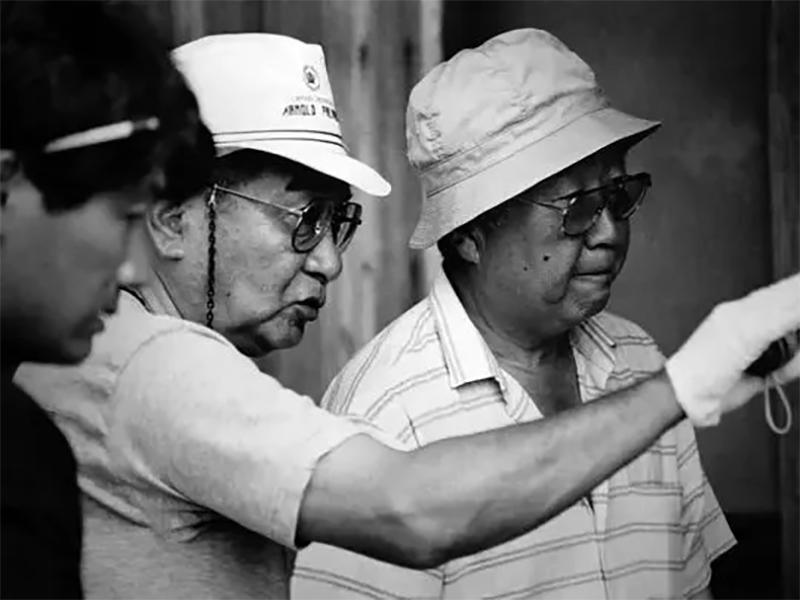
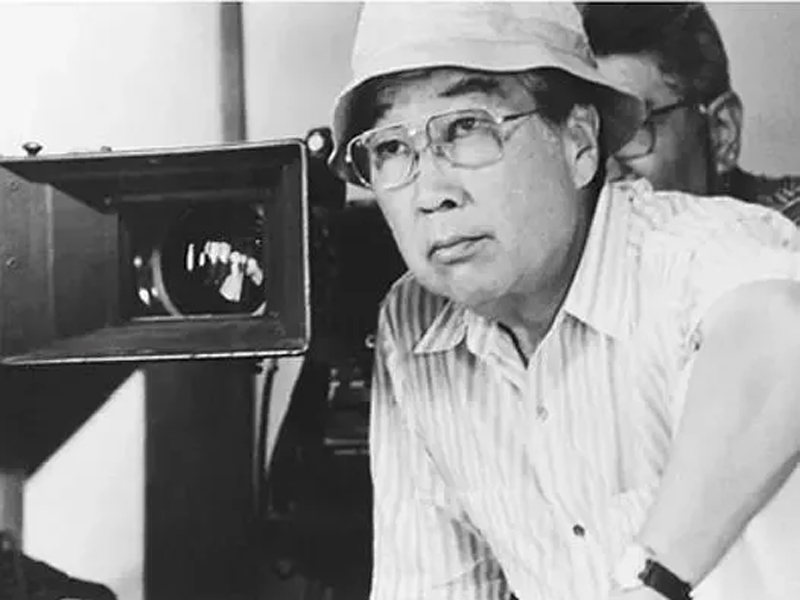
Shohei Imamura joined Shochiku Co., Ltd. in 1951, and successively acted as Assistant Director of the company's directors such as Yasujiro Ozu and Yuzo Kawashima. As a member of the younger generation at the company, Shohei Imamura represents many young filmmakers in the same age, who are growing quickly while improving skills in film crews of their predecessors. Their hard work on set has laid a solid foundation for their rise in the future.
After joining Nikkatsu Corporation, Shohei Imamura vowed to break with tradition through avant-garde and bold images. Having disclosed various stubborn ills of the Japanese society, he, along with filmmakers such as Nagisa Oshima and Yoshishige Yoshida, has become the pioneer of New Wave films in Japan.
The “Shohei Imamura style” has gradually taken shape in a number of his films, including The Insect Woman, Intentions of Murder, The Pornographers and Profound Desires of The Gods.
Shohei Imamura is good at using animal metaphors to analyze the national character from a level that is close to the instinctive needs of animal survival. In the late 1960s, he presented his first color film Profound Desires of The Gods. The three-hour hit has discussed the collision between old and new civilizations.
In 1983, Shohei Imamura finished his lifetime masterpiece Ballad of Narayama. This film is adapted from Shichiro Fukasawa's novel Narayama Bushi-ko. It tells the story of the villagers of Narayama Village in a primitive farming society who have followed the tradition of abandoning babies and old people for many years in order to relieve the pressure of survival. His description of life, death and ethics in the film is very bold and straightforward. Followed by it, Black Rain, The Eel and Dr Akagi have helped him become famous overseas and enjoy the glory in the film history.
On the 15th anniversary of the death of the master, the Beijing Film Panorama will feature a special topic "Master Review: Shohei Imamura". Among them, precious films such as Stolen Desire, The Insect Woman, Intentions of Murder, The Pornographers, Profound Desires of The Gods and The Eel will be screened. Let us examine the origin of humanity from the perspective of the master by following the path of his lifetime creation.
Stolen Desire
Film
(1958)
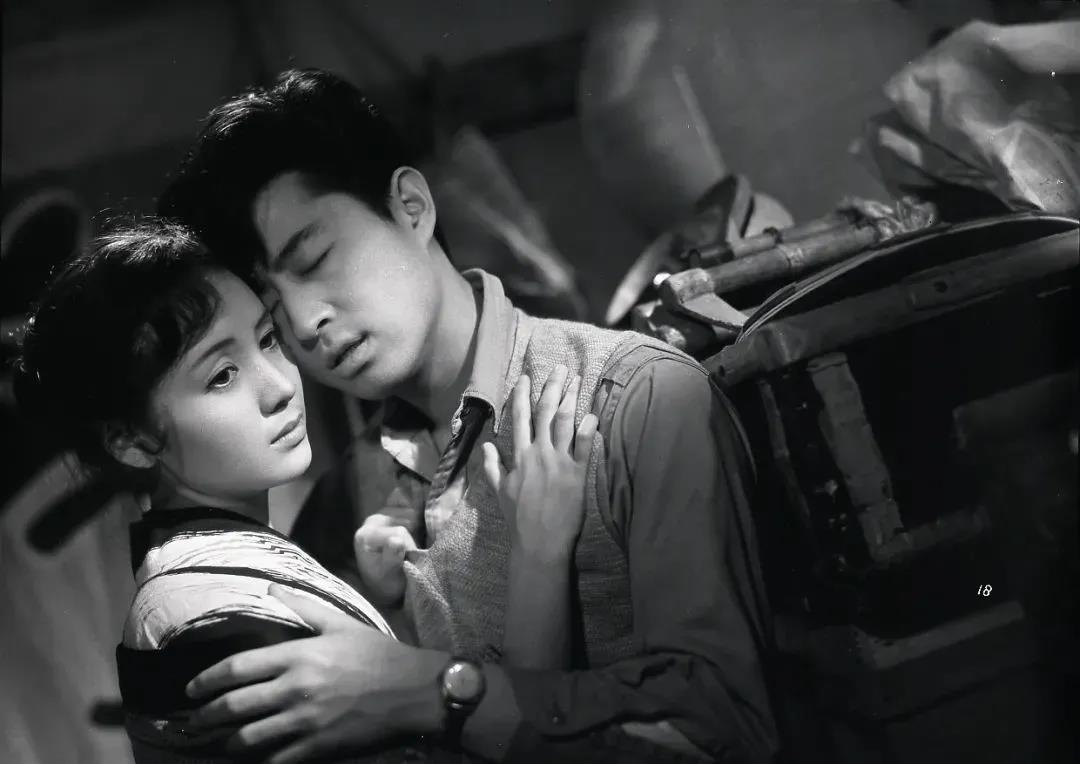
Directorial debut of Shohei Imamura, reflecting his self-projection at the beginning.
The Insect Woman
Film
(1963)
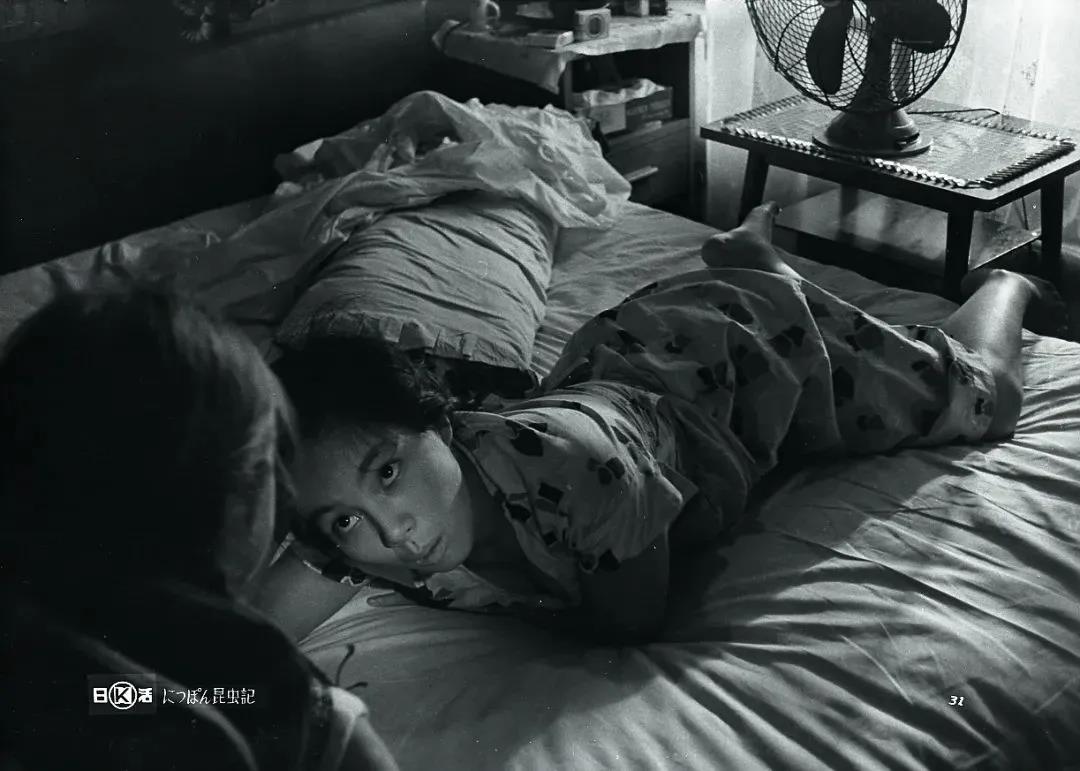
A life of despised Tomé, and heroine Sachiko Hidari won the Silver Bear for Best Actress.
Intentions of Murder
Film
(1964)
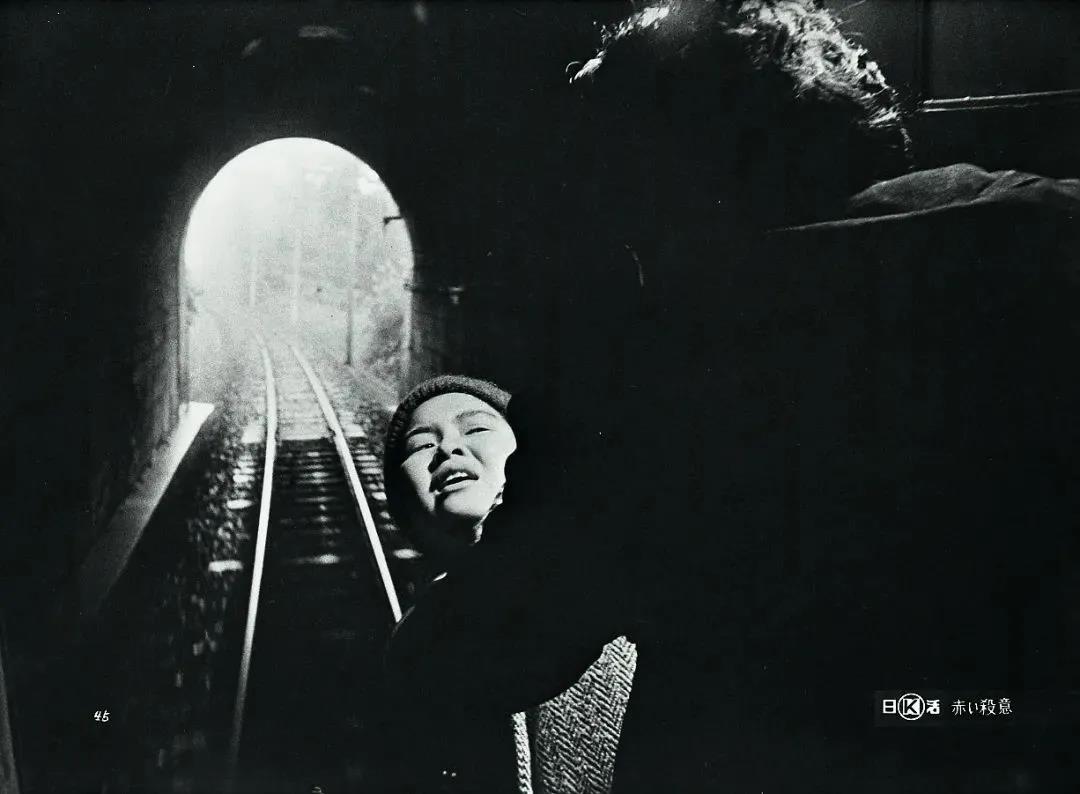
When a woman is despised, insulted, or betrayed, should she resist or endure it silently - this is a question Shohei Imamura asked the world. No. 7 of Kinema Junpo’s top 100 works.
The Pornographers
Film
(1966)
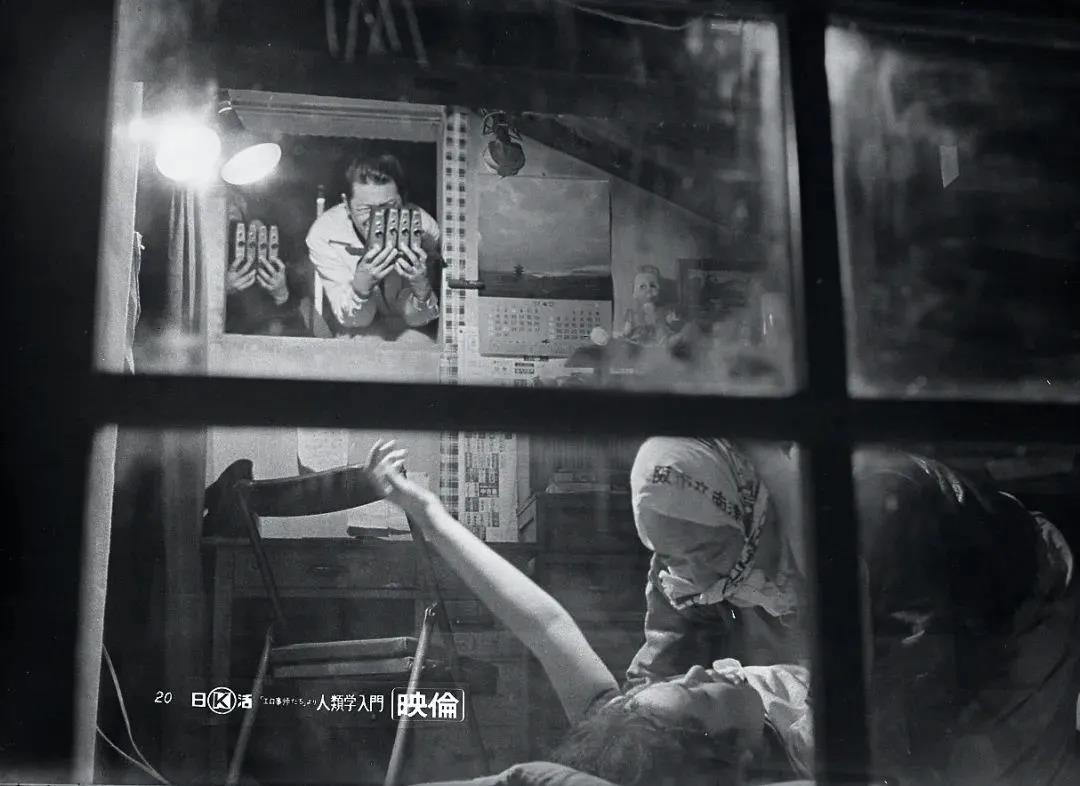
Under the surreal mask is the most nuanced observation of anthropology.
Profound Desires of The Gods
Film
(1968)
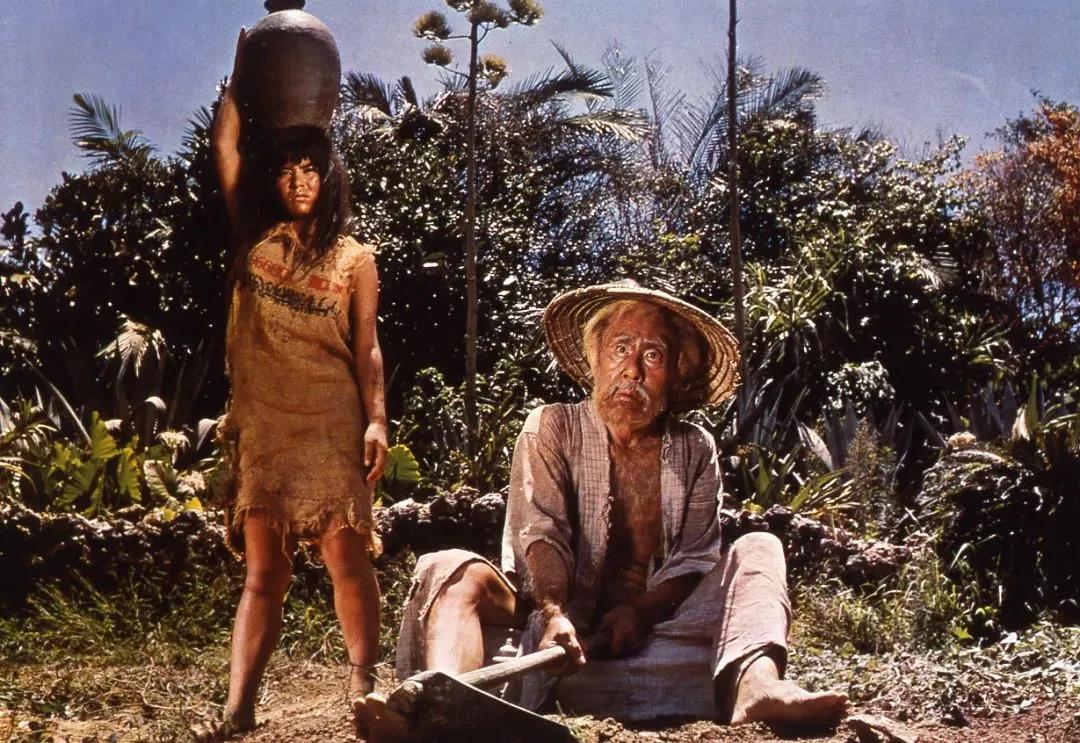
No. 1 of Japan's top 10 films in 1968. Shohei Imamura’s first color feature film. The Japanese version of Adam and Eve's creation fable masterpiece in combination with sociology and folklore.
Ballad of Narayama
(1983)
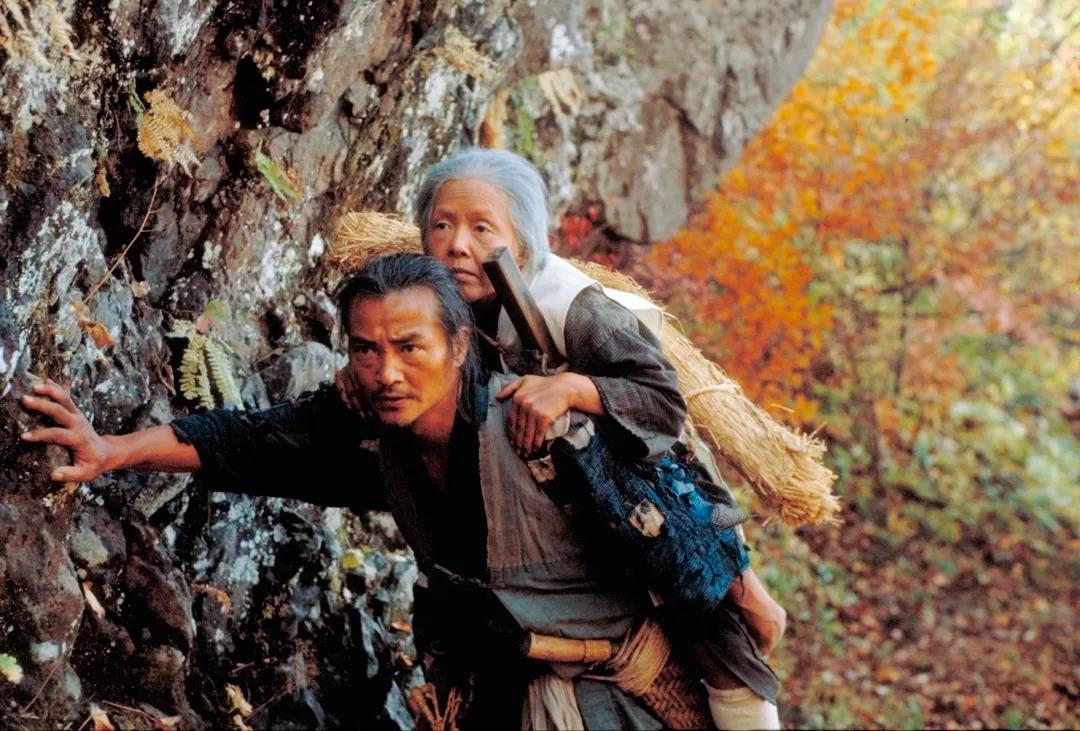
Shohei Imamura's masterpiece, winner of the Japan Academy Film Prize for Best Film.
Black Rain
(1989)
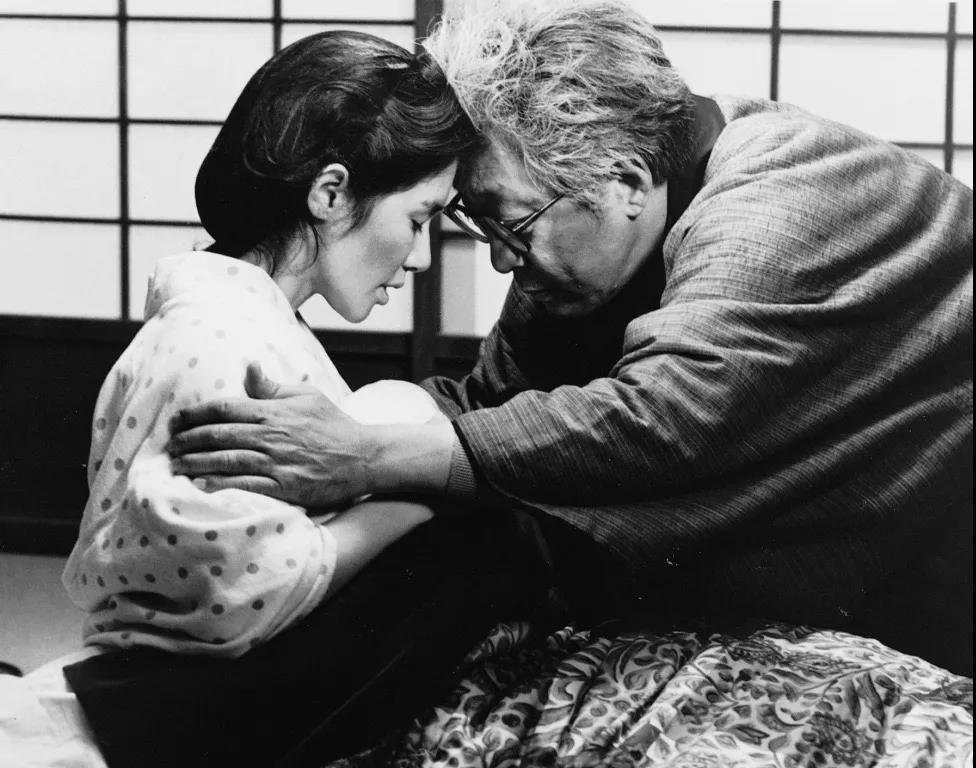
No. 1 of Kinema Junpo’s top 10 films of the year. Won several awards at the Japan Academy Film Prize. Depicting the world after the nuclear explosion with profound words.
The Eel
Film
(1997)
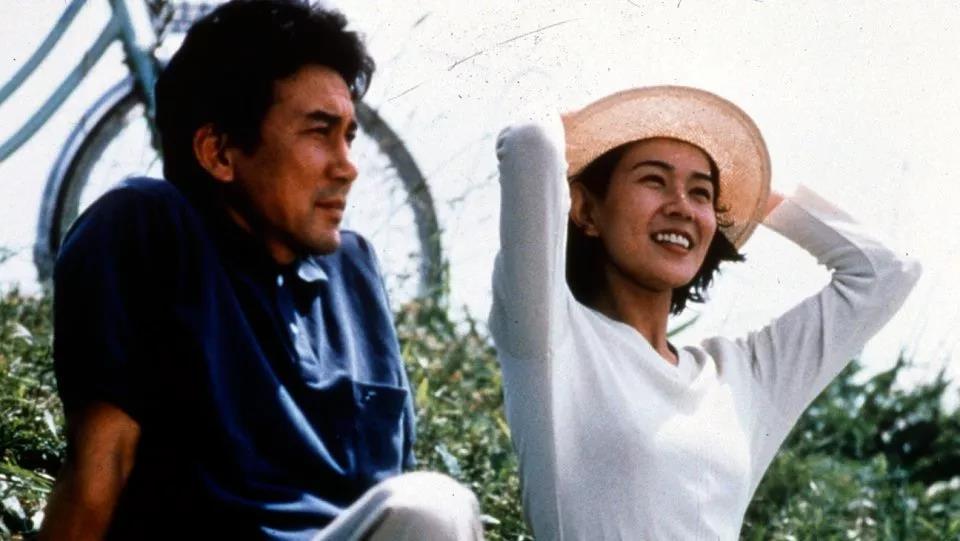
The master-level performance guidance and narrative rhythm control, highlighting the extremely vigorous creative vitality of Shohei Imamura.
Dr Akagi
(1998)
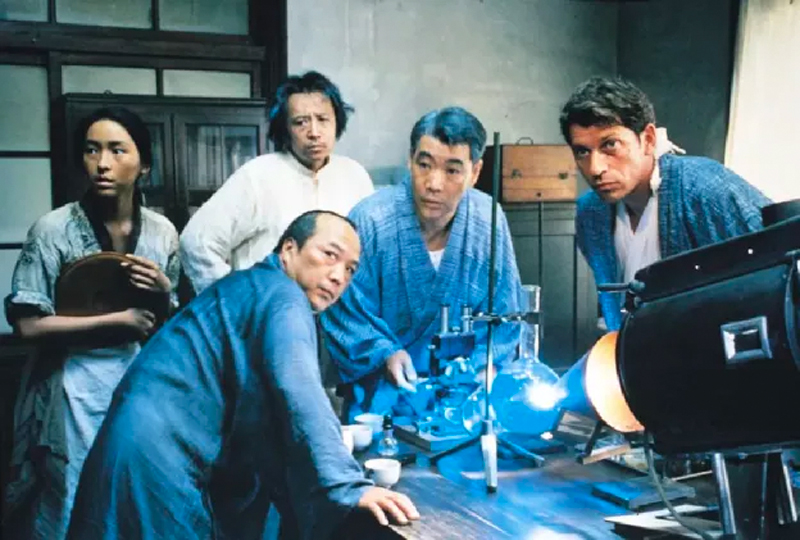
An anti-war masterpiece full of black humor. Shohei Imamura conceived this film for 50 years and dedicated it to his father who is a doctor.

